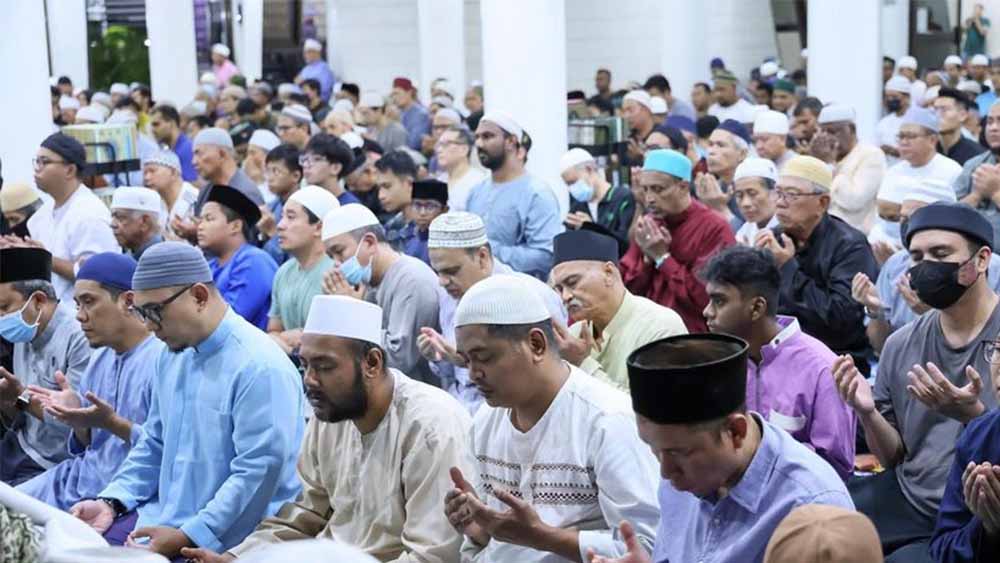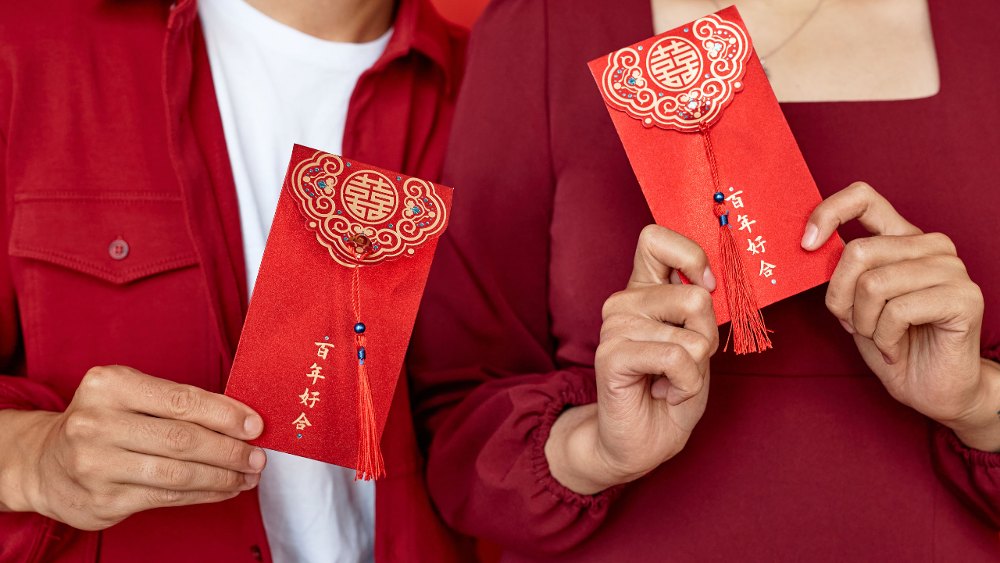Terawih Prayers: The Lesser Known Aspect of Ramadan
During the fasting month of Ramadan, you might notice that the mosques are always full every evening during this auspicious month. Beyond fasting from dusk till dawn, there are other aspects of Ramadan that might not be as well known, one of them being zakat as previously covered here.
Another is performing Terawih prayers. Here are 5 facts you need to know about this special prayer.
1. What are Terawih prayers?
Terawih is a beautiful and rewarding prayer that is only offered during the month of Ramadan. While it is not obligatory, it is highly encouraged to perform it on top of the 5 daily prayers that Muslims usually perform to take advantage of the blessings that come with it.
The term “Tarawih” or "Taraweeh" is derived from the Arabic word meaning “to rest and relax”, as righteous people from the Prophet Muhammad’s time used to rest after every two or four lengthy units of prayer, or rakaat.
2. When are Terawih prayers performed?
The time for Tarawih prayer starts right after the obligatory Isyak prayer at night. So the routine will be as follows: once Muslims break their fast at sundown, they will then perform their mandatory evening prayer of Maghrib before getting ready to head down to their nearest mosque just in time for Isyak. Once that is complete, we will wait for the Imam’s call to kick off Terawih, which happens usually after 9pm. You can perform it anytime between Isyak and the Fajr morning prayers.
3. How do Muslims perform Terawih prayers?
There are different opinions between Muslim scholars on how many units of prayers or rakaat to perform for Terawih. In Singapore, we commonly perform a minimum of 8 rakaat. The Imam will carry on until 20 rakaat, which you can pray up to that amount as well. During the Terawih, verses from the Quran will be recited so the duration of each prayer is dependent on the length of verses and the speed of recitation. It can typically last a few hours.
Huge pro tip: try not to stuff your face when breaking fast as you might get sleepy during prayers. If you plan to last for 20 rakaat, you might not make it to the end. Remember that scene from Mr Bean when he almost dozed off in the church? Yeah, we try to avoid that. Personally, I will have a light meal during iftar (break fast) and then really chow down on bazaar food after Terawih. It makes the food even more satisfying after an evening of intense prayers.
4. Performing Terawih prayers at home
In an ideal world, it would be awesome if we can perform our Terawih prayers in the mosque every evening in congregation alongside our Muslim brothers or sisters. However, whether it’s family or work commitments, it might not be possible to visit the mosque all the time.
But fret not, Terawih prayers can still be observed in a congregation at home. You can either do it with other family members or individually. However, it is highly encouraged to perform the prayers in congregation. Ramadan is an opportunity for us to increase our spiritual knowledge by practising reciting beautiful Quranic verses which we might not have memorised before.
5. Rewards for Terawih prayers
There are so many benefits to performing the prayer. The Prophet Muhammad once said: “Whosoever stands in the nights of Ramadan, with faith and in hope of receiving Allah’s reward, his past sins will be forgiven”.
By praying Terawih, you gain the reward of standing the whole night in prayer. While it is a voluntary prayer, performing it makes up for deficiencies in obligatory prayers.
For the latest updates on Wonderwall.sg, be sure to follow us on TikTok, Telegram, Instagram, and Facebook. If you have a story idea for us, email us at [email protected].











